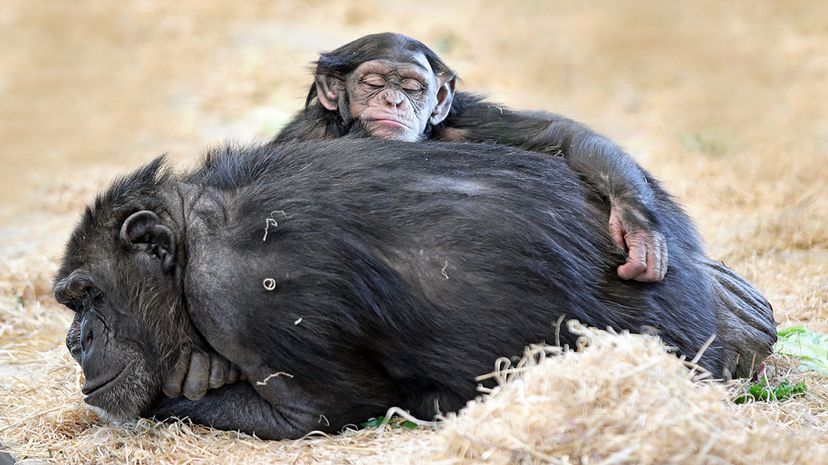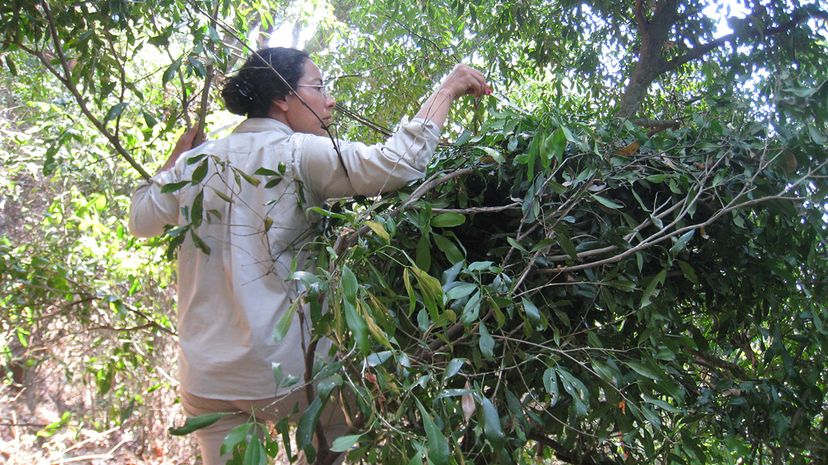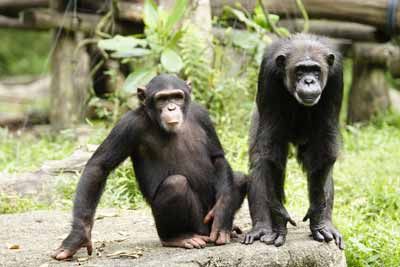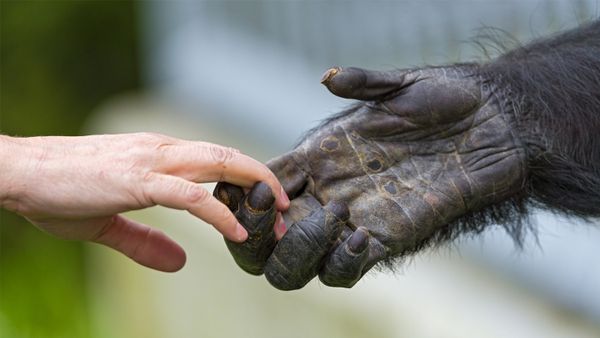
Your parents probably spent years yelling at you to clean your room and make your bed. Sure, a neatly made bed looks tidy, but science says it hardly matters. It seems no matter how tight your bed corners are or how many quarters you can bounce off that blanket, your bed still isn't as clean as a chimpanzee's. Yes. Apparently chimps are clean. We humans are the pigs.
Researchers at North Carolina State University compared human beds to the treetop nests chimpanzees make for themselves nightly. The scientists weren't looking for smooth sheets, though; they were comparing microbes and insects. And spiders.
Advertisement
The lead author on the paper published in the journal Royal Society Open Science, Ph.D. student Megan Thoemmes, notes that human beds usually contain some of the same organisms that are found in the rest of the house. She means germs, but she's being nice about it. "For example," she said in a press statement, "about 35 percent of bacteria in human beds stem from our own bodies, including fecal, oral and skin bacteria." So much for being nice about it. Gross.
Chimpanzees are closely related to humans in evolutionary terms, so Thoemmes and her team wanted to see if the chimps' beds were filled with similar bacteria and bugs as humans' beds. The answer turned out to be no.

The team swabbed 41 abandoned chimp beds located in trees in Tanzania to look for microbes. They also vacuumed 15 of those nests to pick up any tiny critters, like parasitic insects and spiders. What they found was a far more diverse group of microbes in the chimp nests, which makes sense because the nests are outdoors, and the microbes reflect what you'd expect to find in the forest where chimpanzees live.
But researchers did not find nearly as much fecal, oral or skin bacteria as they did in the human beds — only about 3.5 percent, which was a surprise. The chimp nests also had no insects or spiders, though the team expected to see some parasitic species in the nests. But no. "There were only four ectoparasites found, across all the nests we looked at," Thoemmes said. "And that's four individual specimens, not four different species."
Granted, chimps do build new nests every night. And they are, um, careful defecators. But fecal matter does build up in chimp fur, so the researchers expected to find more of it than they did, even in freshly built nests.
"This work really highlights the role that man-made structures play in shaping the ecosystems of our immediate environment," Thoemmes said. "In some ways, our attempts to create a clean environment for ourselves may actually make our surroundings less ideal." Take that, mom.
Advertisement


